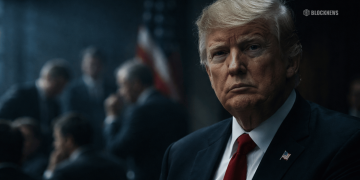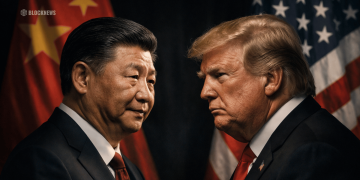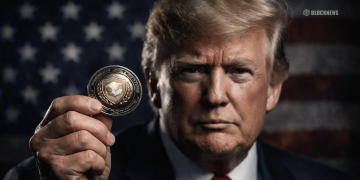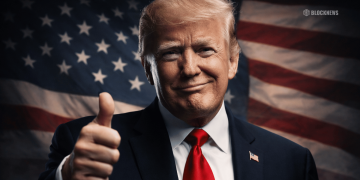- Trump’s 20-point lead over Kamala Harris on Polymarket raised concerns about possible market manipulation.
- Kalshi founder Tarek Mansour defended the accuracy of prediction markets, citing similar data trends on Kalshi.
- Critics debate whether prediction markets offer more accurate election forecasts than traditional polling methods.
Recent concerns about potential manipulation in election prediction markets have emerged after former President Donald Trump gained a 20-point lead over Vice President Kamala Harris on Polymarket. Tarek Mansour, founder of Kalshi, another prediction market platform, addressed these concerns, defending the accuracy of such predictions. He emphasized that the results reflect real sentiment rather than being skewed by large, influential traders.
Kalshi Founder Addresses Manipulation Concerns
Mansour rejected claims that Trump’s lead is due to manipulation by wealthy traders. He noted that, on Kalshi, the median bet size for Harris is higher than that for Trump, with Harris’s median bet at $85 and Trump’s at $58. Despite this, more people are placing bets on Trump, and Mansour believes that the odds seen on Polymarket align with the betting patterns on Kalshi.
Mansour also highlighted that Kalshi operates solely within the United States, in contrast to Polymarket, which allows foreign participation. He argued that prediction markets, which incentivize accuracy through financial stakes, could serve as a more reliable indicator of public opinion than traditional polls.
Debate Over Prediction Markets’ Accuracy
While some, including Elon Musk, argue that prediction markets provide more accurate forecasts than polls, others express concerns about the validity of results from platforms like Polymarket, especially since U.S. residents are restricted from using it. Vice President Harris had previously led Trump on Polymarket throughout much of August and September. However, Trump has significantly widened his lead on the platform in early October, prompting renewed scrutiny of prediction markets’ role in election forecasting.













